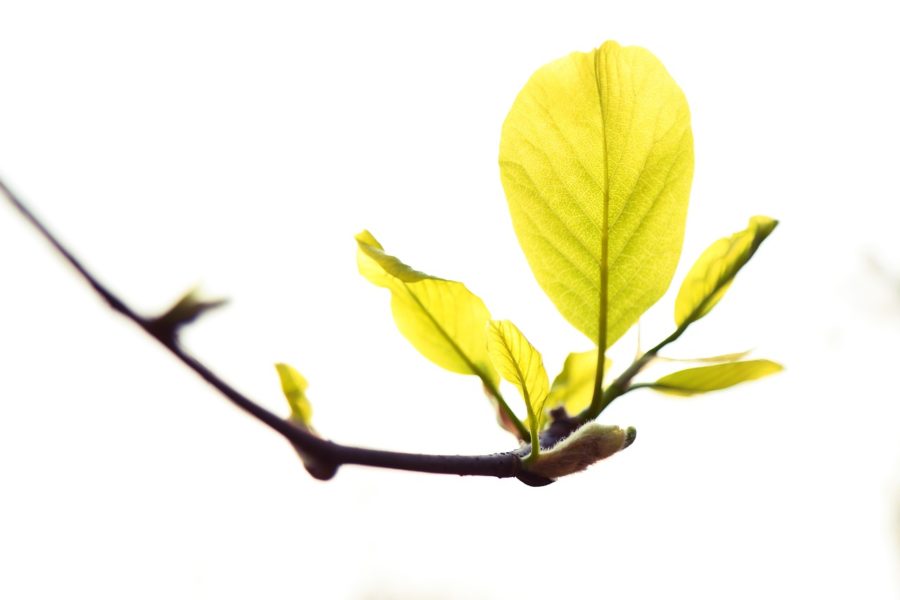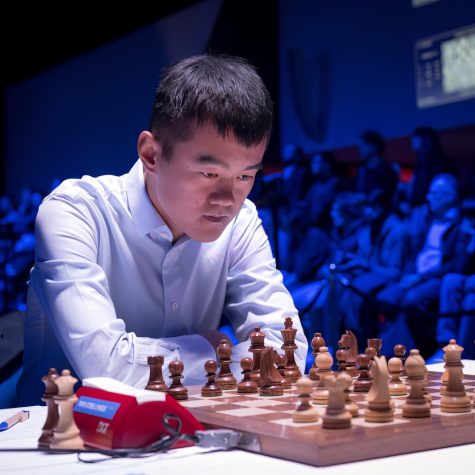I of the Ruin
She did not dare to look at the mess she’d made. She couldn’t bear to.
Washed out, strewn across the floor, piles and piles of splinters and pieces of things torn apart, shattered, snapped. These were the remnants of the promises he’d made and the fury she’d unleashed when he broke them. These were the words she used to counter his actions.
This was the wreckage she left in her wake.
Her head hurt, exhausted from trying to understand why. But it was the lack of pain in her chest that scared her most.
She remembered.
She remembered skin and bones, calluses and freckles, lazy smiles and eyes glowing like heat lamps. She remembered standing in the sun and letting it warm her, letting it leak through her pores into every cell of her, until she’d believed the sun would never set. Until she’d believed she would never feel cold again.
She was almost certain. Then the storm had hit.
A cool breeze had been the first sign, niggling into her and raising bumps on her skin. She’d wrapped her arms around herself and squeezed, hoping she could will the cold away. But the breeze had turned into winds that tugged at her hair and her resolve, reminding her just how bendable, how breakable she really was.
And when the sky began to darken its scowl upon the earth, she realized she was a fool to believe she could ever hold the sun for so long. To believe she ever deserved to.
The sky blackened and growled. And she had answered with an electric tongue, with bolt upon bolt of lightning charging the sky. She was burning and atomic, her eyes hot with tears and her heartbeat pounding to the thunder.
A tornado of thoughts and emotions, a storm of feeling, with arms that lunged toward everyone around her.
Yet, in the center, all was still and quiet. Too quiet.
In the aftermath she lay, her cheeks just as soaked as the debris around her, her willpower just as washed out as the cracked concrete. And again there was nothing but the humming of her own thoughts in the charged air.
This is what my love is capable of, she thought. Destruction.
✣ ✣ ✣ ✣ ✣
There was green among the brown. If she looked hard enough, she could see it.
There. Something was lying beneath the debris, pinned down by the trees that had bowed to the winds she’d created. Something crushed and crumpled by the weight, but something still alive.
Still alive.
She moved toward it, lurching forward like it was the sun and she was a flower, like she was the growing thing. Leaning down, she placed her hands upon the rough, cold surface of the debris, and she pressed until she could see better.
It was a small, budding plant—suffocated, but still breathing. Breathing in what she breathed out, growing from what she threw away. Taking what her body did not want, and thriving from it.
She was afraid to touch the plant, afraid of the absence of life that gathered at her fingertips, eager to destroy. She was afraid of new growth and new roots, because she knew that she had the power to smash the growth, to tear off petals and rip up roots.
She wanted to be like that plant, taking slow and steady breaths of an air cleaned by rain, and dwelling under the rubble. She wanted new life, but she was afraid of it.
For she was not a plant. She did not have roots, and she did not have petals or leaves. She placed her roots wherever she willed, and sometimes, she was ripped away from the soil anyway. She did not have pretty things to adorn her, and the arms she’d used to reach out with had been snapped, broken in the wind that blew too strongly.
She was the storm who destroyed. She was the ruin.
Yet she was so chillingly, frighteningly, overwhelmingly alive.
A breath in. Another. Another. She rose, the cold, wet ground biting into her bare feet. And as she slowly sipped on pieces of the glum, gray sky, she moved closer.
Be gentle. She lifted the pieces of debris gingerly, being careful to spare the plant’s leaves from the splinters and the pebbles and her own two hands. Soon she’d cleared the vicinity, and the plant was free.
It rose to greet her, stretching higher to find a sun hidden in the crests and ribbons of the sky. The girl and the plant stared at each other, stared and breathed, and she wondered, and she hoped.
“Are you like me?”
The plant said nothing, but in its silence was strength.
“Are you like me?” she repeated.
Nothing. Throat dry, she rephrased the question. “Can … do you think I could be like you?”
It seemed to move when she said that.









